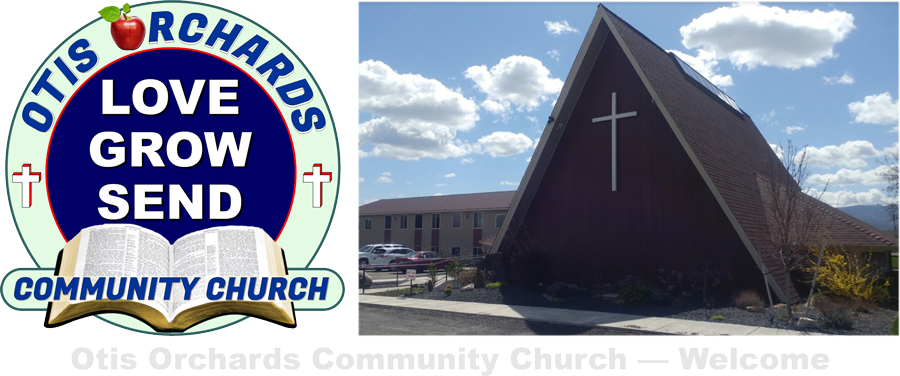
 |
|||||||
| RESOURCES — SHORT ARTICLES | |||||||
|
|
|||||||
 |
 |
 |
 |
 |
 |
| SHORT ARTICLES BY TOM ELSEROAD | |||||
| 2021-03-31 | What Is 'Repentance From Dead Works' (He.6:1) | ||||
|
Heb 6:1 Therefore, leaving the discussion of
the elementary principles of Christ, let us go on to perfection, not
laying again the foundation of repentance from dead works and of faith
toward God, Heb 6:2 of the doctrine of baptisms, of laying on of hands, of resurrection of the dead, and of eternal judgment. There are 5 warning passages in the book of Hebrews (Chapters 2, 3-4, 5-6, 10, 12). In Hebrews 2 we are to “give the more earnest heed to the things which we have heard.” In Hebrews 3-4 we are exhorted to “hold fast our profession.” In Hebrews 5-6 we are encouraged to “go on unto perfection.” In Hebrews 10 we are noted to have “received the knowledge of the truth.” In Hebrews 12 we are urged to “have grace that we may serve God acceptably.” The one here in chapter 6 is the middle warning, and probably the most well-known. In these warning passages, the author talks about false faith, and addresses the problem of immaturity among Jewish believers. Though these believers should have been at a higher level of maturity, even to be teachers, yet they were infants in the faith (He.5:11-14). Instead of being focused on the “elementary principles” of the faith, they needed to move on to spiritual maturity. The “dead works” are works performed by those who are “separated from the life of God” (Ep.4:18). These works may be religious in nature, but they are “dead” in that they cannot bring spiritual life. Such works may appear virtuous, but they are not rooted upon faith in Christ, and so are useless in terms of salvation. Repenting of one's own works is foundational to trusting in Christ, and so is called, “elementary principles of Christ” (He.6:1). In the context of the book of Hebrews, the specific dead works to which the author refers are the Levitical rituals that the professing Jewish Christians had trusted in before salvation in Christ. Offering sacrifices and performing rituals never saved anyone, but rather served to make a person ceremonially clean (He.9:13-14). This chapter 9 passage links “dead works” to the works of the law. The law served a vital purpose of revealing the presence of sin in people's lives (Ro.7:7; 1Tm.1:8-11). The law pointed to the need for Christ (Ga.3:24). The Mosaic Law laid the foundation for the Christian faith, and those who had formerly kept the law needed to move on to embrace the truth of God’s revelation in Christ. The writer mentions four elementary principles in verse 2 which are instruction about cleansing rites (He.6:2). They learned all these under the Old Covenant. They now needed to move on to a fuller understanding of the New Covenant. The Jewish believers needed to see the law as the foundation it was, to recognize it as a shadow and symbol that pointed to the reality in Christ. Jesus had fulfilled the law and given them something far better (Hebrews 8-10). As they grow in faith they could partake of the “solid food” available to them (He.5:12-14). Just like the Christians in the book of Hebrews, we can become stagnated in the faith and fail to grow. The first step of faith is to stop trying to please God with dead works, rituals, and hollow forms of tradition. Instead of focusing mostly on the basic tenets of the faith, all Christians should seek to “grow in the grace and knowledge of our Lord and Savior Jesus Christ” (2Pe.3:18). Pastor Tom Elseroad |
|||||
| An Independent and Evangelical Church |
 |
23304 E Wellesley
Ave. Otis Orchards, WA 99027 Church Office: 509.926.9552 tomelseroad@gmail.com |